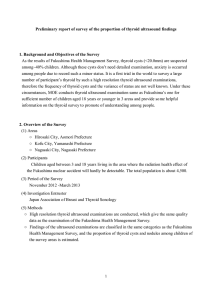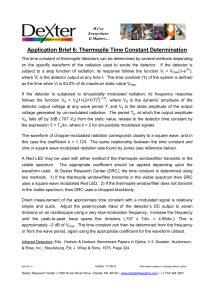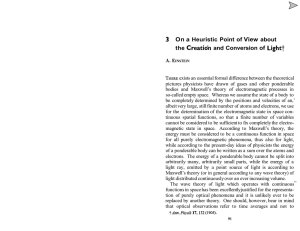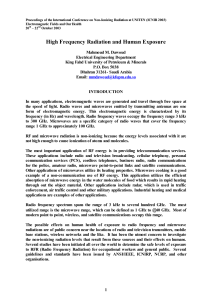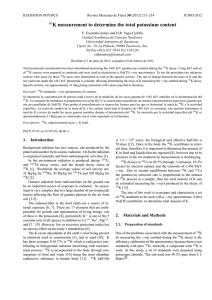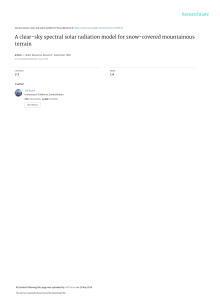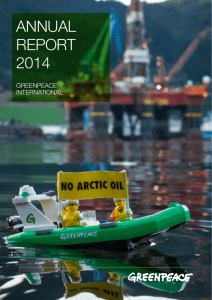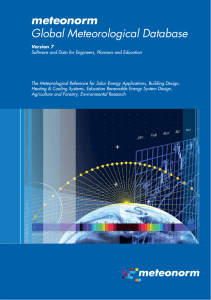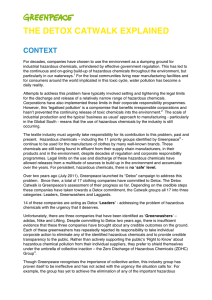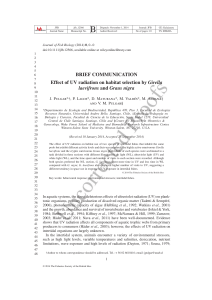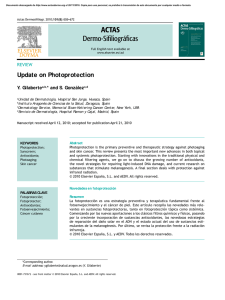April 11th, 2011 Dear Prime Minister Kan, Greenpeace is deeply
Anuncio
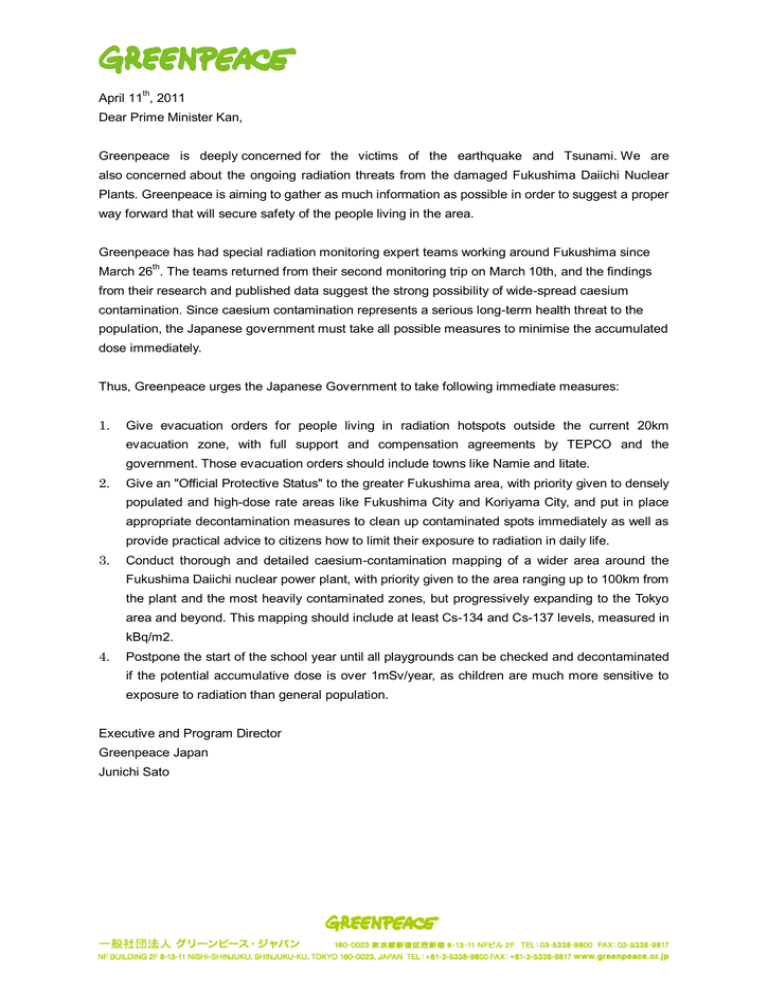
April 11th, 2011 Dear Prime Minister Kan, Greenpeace is deeply concerned for the victims of the earthquake and Tsunami. We are also concerned about the ongoing radiation threats from the damaged Fukushima Daiichi Nuclear Plants. Greenpeace is aiming to gather as much information as possible in order to suggest a proper way forward that will secure safety of the people living in the area. Greenpeace has had special radiation monitoring expert teams working around Fukushima since March 26th. The teams returned from their second monitoring trip on March 10th, and the findings from their research and published data suggest the strong possibility of wide-spread caesium contamination. Since caesium contamination represents a serious long-term health threat to the population, the Japanese government must take all possible measures to minimise the accumulated dose immediately. Thus, Greenpeace urges the Japanese Government to take following immediate measures: 1. Give evacuation orders for people living in radiation hotspots outside the current 20km evacuation zone, with full support and compensation agreements by TEPCO and the government. Those evacuation orders should include towns like Namie and Iitate. 2. Give an "Official Protective Status" to the greater Fukushima area, with priority given to densely populated and high-dose rate areas like Fukushima City and Koriyama City, and put in place appropriate decontamination measures to clean up contaminated spots immediately as well as provide practical advice to citizens how to limit their exposure to radiation in daily life. 3. Conduct thorough and detailed caesium-contamination mapping of a wider area around the Fukushima Daiichi nuclear power plant, with priority given to the area ranging up to 100km from the plant and the most heavily contaminated zones, but progressively expanding to the Tokyo area and beyond. This mapping should include at least Cs-134 and Cs-137 levels, measured in kBq/m2. 4. Postpone the start of the school year until all playgrounds can be checked and decontaminated if the potential accumulative dose is over 1mSv/year, as children are much more sensitive to exposure to radiation than general population. Executive and Program Director Greenpeace Japan Junichi Sato
